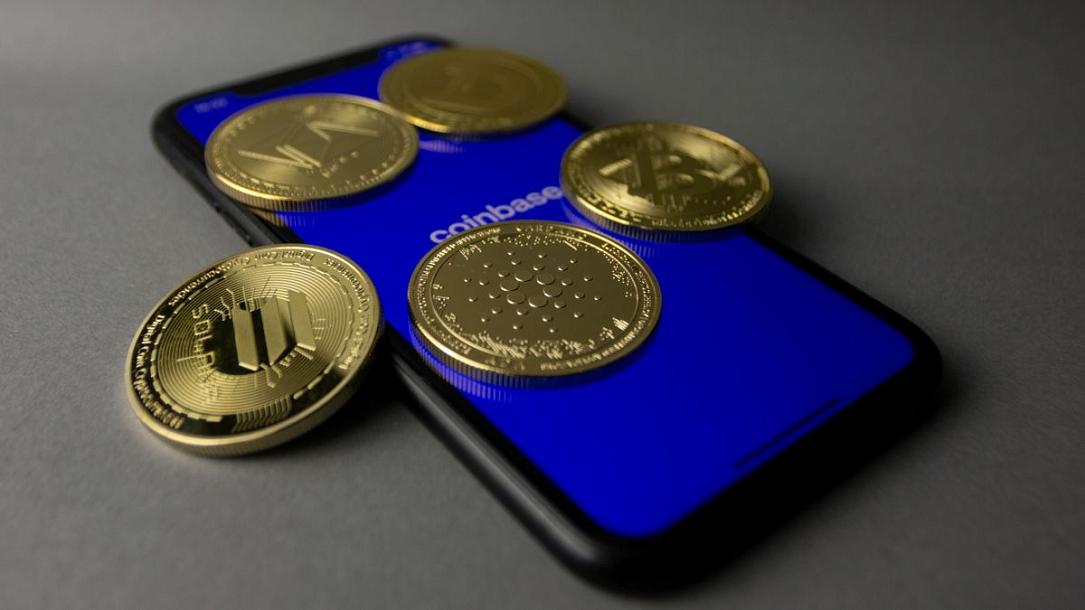Romania eyes Solana as blockchain innovation accelerates in Eastern Europe



The Solana price continues to attract global attention, reflecting growing interest in blockchain platforms that offer high-speed, low-cost transactions. As of mid-April 2025, Solana (SOL) is trading between $129 and $134, reflecting sustained recovery after last year’s bear market correction. While global traders monitor the token’s performance, Romania—emerging as a hub for fintech innovation—is quietly positioning itself within the Solana ecosystem.
From university-led blockchain labs to new startup incubators in Cluj and Bucharest, Romanian developers and entrepreneurs are exploring Solana’s potential to build next-gen applications across finance, logistics and public services.
With over 140,000 working as IT professionals, the country has become one of the leading EU countries in terms of having a software engineer per capita. Romania has produced a significant amount of IT tech talent and with the growing interest in product-driven innovations in recent years, especially in the fields of decentralized applications and fintech, it is clear that there is potential for growth.
Romania’s blockchain activity was noticed in a 2024 report by the European Blockchain Observatory, as they pay attention to the emergence of new, fast and scalable ecosystems such as Solana. The platform’s supporting of over 65,000 transactions every second at almost zero fee makes it more attractive for developers working on scalable consumer tools.
In local crypto circles like Crypto Romania and the Telegram-based Solana Romania groups, developers noticed that Solana price spikes tend to correlate with attendance at regional hackathons and online developer meetups. This shows that there is increased enthusiasm regarding market movements.
Several Romanian-founded startups have started integrating Solana-based solutions in areas ranging from digital identity to logistics.
A logistics tech company from Cluj is building a prototype of a freight tracking system on Solana’s blockchain. It involves smart contracts that timestamp checkpoints and automate payment upon cargo delivery. Their choice of Solana was because of its low network latency (about 400 milliseconds) and almost zero transaction fees, which are essential for automation in real time.
In Romania's capital city, Bucharest, fintech startup Vestinda is now looking into Solana in the context of automating crypto investment portfolios. Its research includes applying low-cost blockchain technologies to the automated trading execution controls, albeit still in testing phases. They have yet to fully deploy the project.
The price of Solana is monitored by institutional players, not only by retail traders. Recently, multiple asset management funds and VC firms in Romania are testing the waters of Solana-based DeFi protocols and are studying the local investment groups and fintech accelerators tokenomics and staking theories within the Solana ecosystem as well. A cross-border synergistic application of Solana in energy trading and digital certificates was granted by a Romanian blockchain think tank in partnership with DeFi researchers from Austria and Estonia that was hosted in Bucharest in March 2025. The purpose of the panel was to decipher the multinational utilization. Romanian institutions are utilizing crypto-sourced infrastructure for expanding their vision.
The use of blockchain technology in Romania's public sector is in its commencing stages. The Romanian Ministry of Research, Innovation and Digitalization set the rules for a sandbox project back in 2024 for blockchain startups that wish to develop civic tech features in collaboration with academic institutions.
Tangible diplomas/certificates issued by Romanian universities will receive verification through a blockchain system, which curtails fraud attempts. The Technical University of Cluj-Napoca is teaming up with affiliated developers who are contemplating using restaurant technology’s Solana blockchain for the backend because it timestamps and verifies credentials affordably.
This marks an achievement towards the European Union’s Digital Decade objectives, which include the establishment of a digital identity and services that are integrated with each other. There is so much potential offered by Solana Technology because it can facilitate Romania's integration within the EU framework.
Romania stands out due to its blend of a skilled workforce and incorporating business operations. Investments in start-up companies are bound to scale because this place serves as an ideal center for testing advanced technologies. Solana’s near-fee transactions and high throughput mean Romanian developers have unprecedented opportunities while entering the blockchain space.
Moreover, remote-based tech companies from Romania are adopting Solana’s technology to avail cross-border payments for engineers and other ingenious freelance creatives. Wires that are often slow and expensive become unnecessary, which enhances the payment system for moving Romania’s freelancing economy.
Signals clearly indicate that Romania isn’t a blockchain technology adoption leader yet, but it is gaining traction for experimentation, especially among younger developers and fintech enthusiasts.
Pending further Solana Mainnet price stability and network growth, Cluj-Napoca, Bucharest and Iași will likely become more significant in Eastern Europe’s decentralized future innovation hubs.
With collaborations between Eastern European tech accelerators and increasing numbers of local crypto-savvy engineers, Romania could position itself as a Web3 innovation leader.
Romania’s blockchain ecosystem is developing steadily but quietly and Solana’s impact on the evolution of this ecosystem is significant. Whether from university labs or cross-border startups, growing interest in decentralized technology from Romania is indicative of Solana’s relevance beyond the value metrics.
The speed at which Romania's institutions adopt platforms such as Solana for practical applications, rather than mere testing, could determine whether Romania becomes a regional blockchain hub.
*This is a press release.